| Academic Year | Percentage |
| 2024-25 | 100 |
| 2023-24 | 100 |
| 2022-23 | 100 |
| 2021-22 | 100 |
| 2020-21 | 100 |
| 2019-20 | 100 |
| 2018-19 | 88.16 |
| 2017-18 | 97.40 |
| 2016-17 | 95.95 |
| Rank | Name of Student | Percentage |
| 01 | Mr. Yadav Akash Chaitanya | 82.81% |
| 02 | Miss. Porwal Ashika Ravindra | 82.69% |
| 03 | Miss. Vaishnav Neha Suresh | 81.94% |
| 08 | Miss. Varma Jyoti Shashikumar | 80.62% |
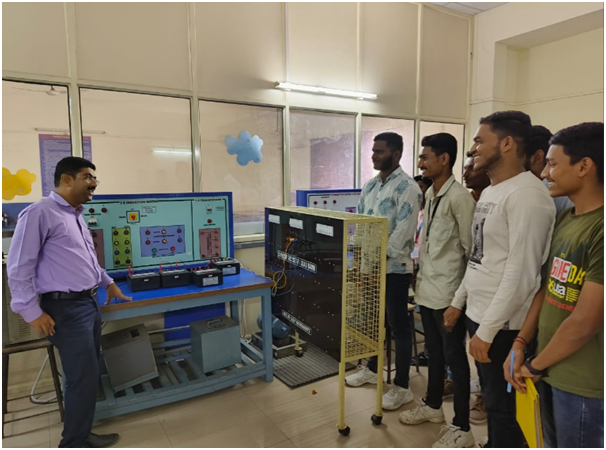
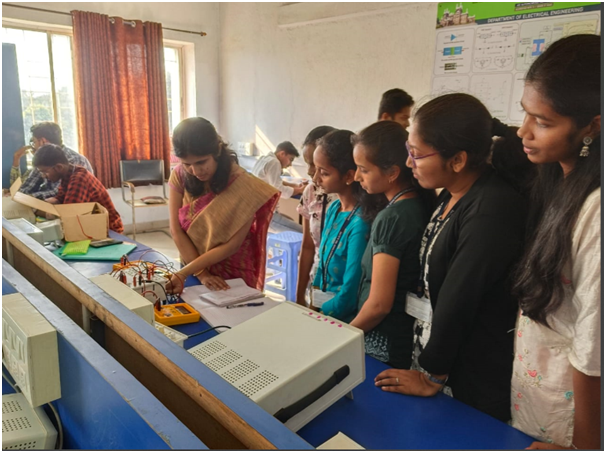
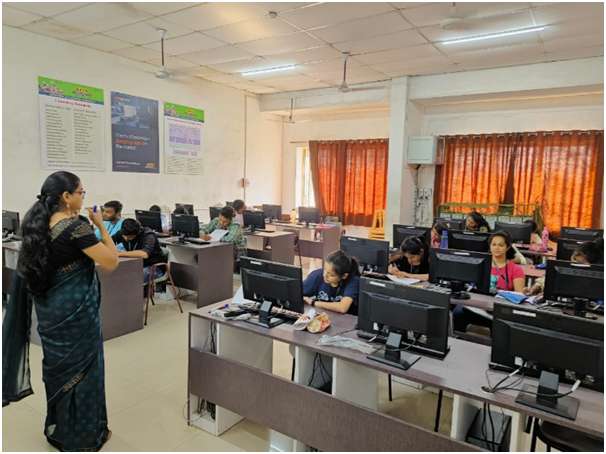
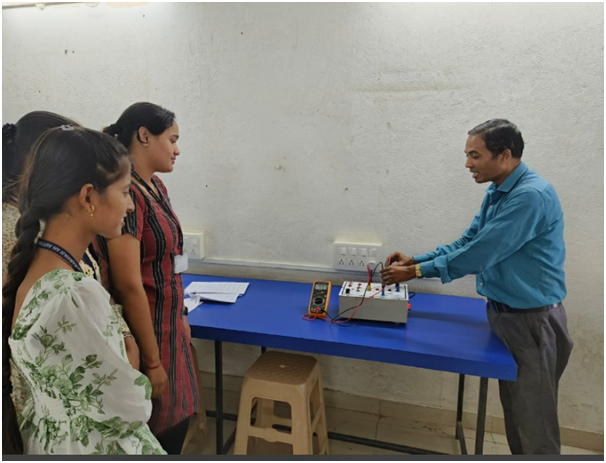
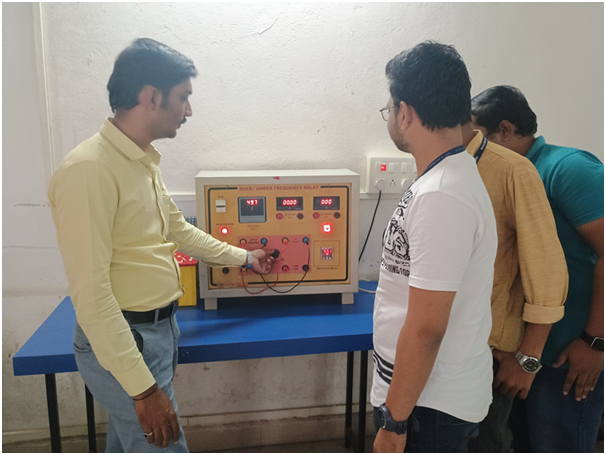
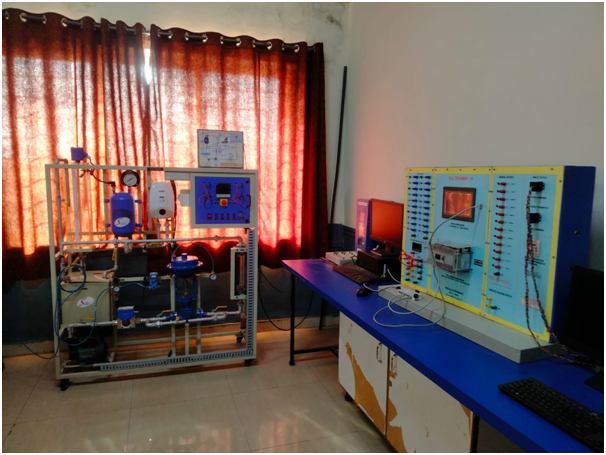
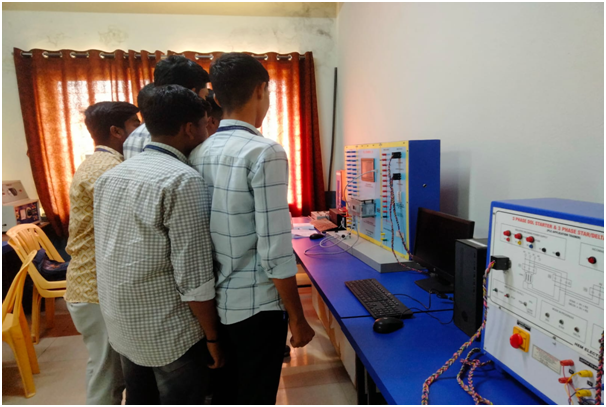
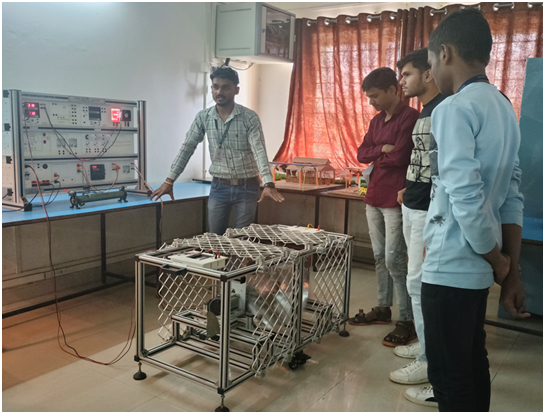
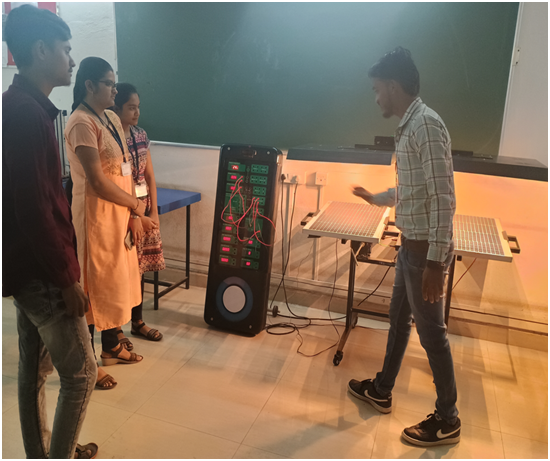
An electric vehicle (EV) lab is a facility or workspace where research, development, testing of Cell, and experimentation related to electric vehicles are conducted. These labs can be found in academic institutions, automotive companies, government research agencies, and independent research organizations. They play a crucial role in advancing the technology and understanding of electric vehicles. Here are some common activities and components you might find in an EV lab:
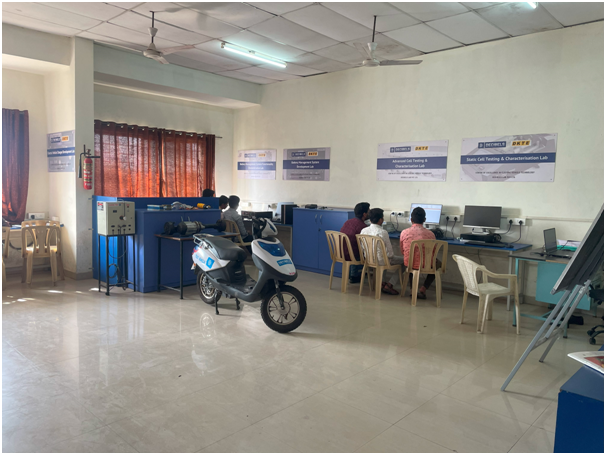
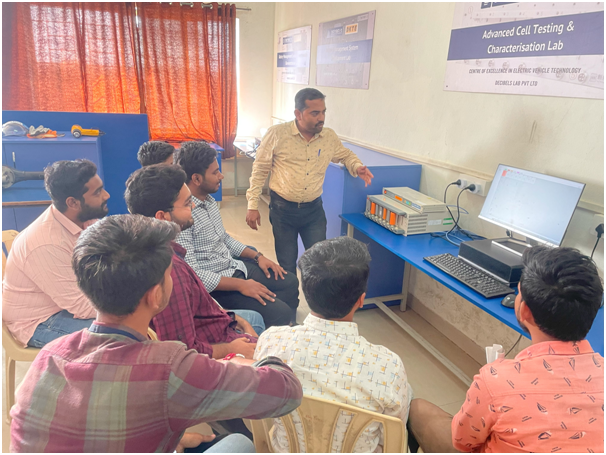
| Year | Download |
| July-December 2019 | Click here |
| January-June 2020 | Click here |
| July-December 2020 | Click here |
| January-June 2021 | Click here |
| July-December 2021 | Click here |
| January-June 2022 | Click here |
| July-December 2022 | Click here |
| January-June 2023 | Click here |
| July-December 2023 | Click here |
| January-June 2024 | Click here |
| July-December 2024 | Click here |
This lab is equipped with
This lab is equipped with
This lab is equipped with
This lab is equipped with D-Link 1210 Network Switch
This lab is equipped with
This lab is equipped with
This lab is equipped with
This lab is equipped with
This lab is equipped with
This lab is equipped with
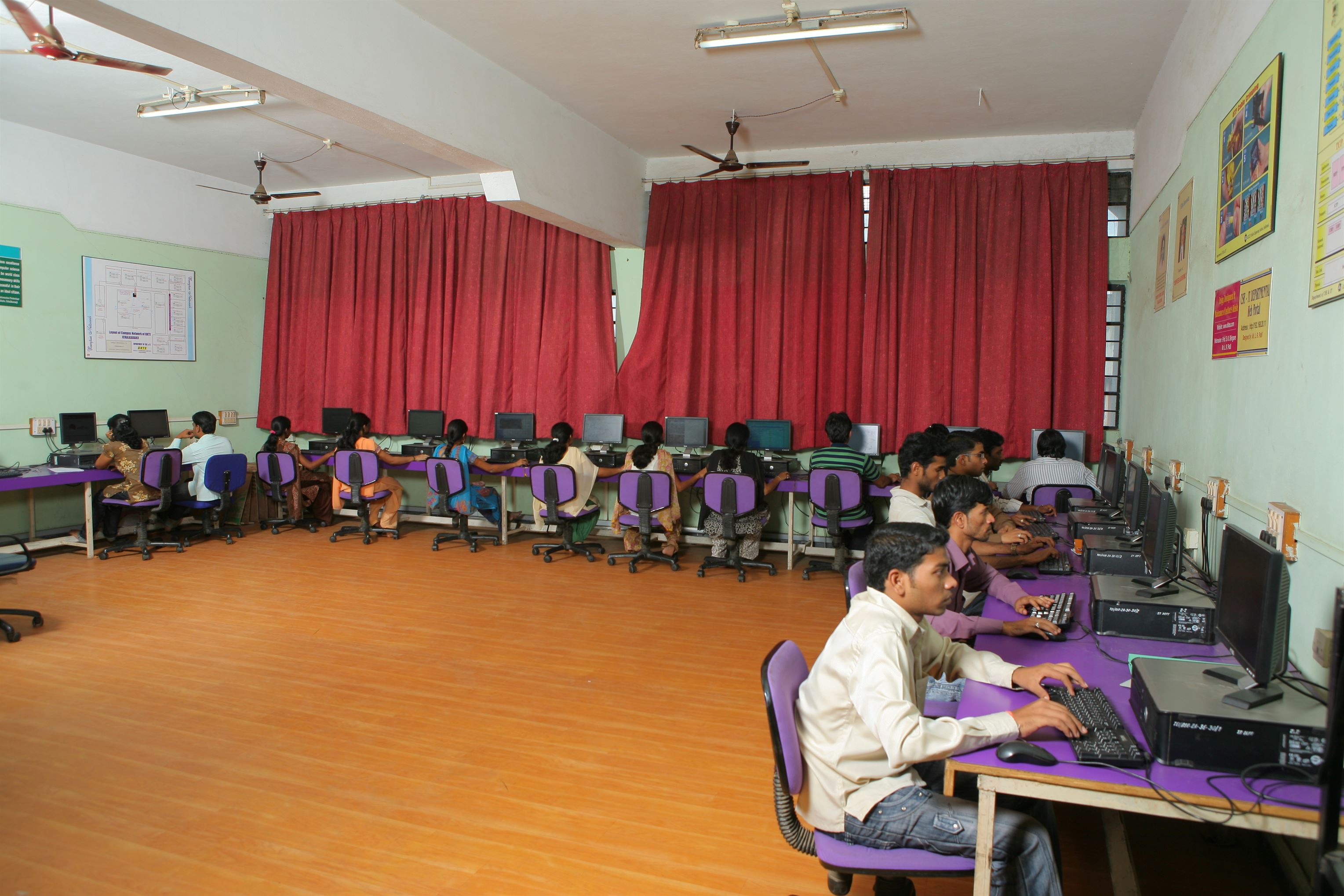

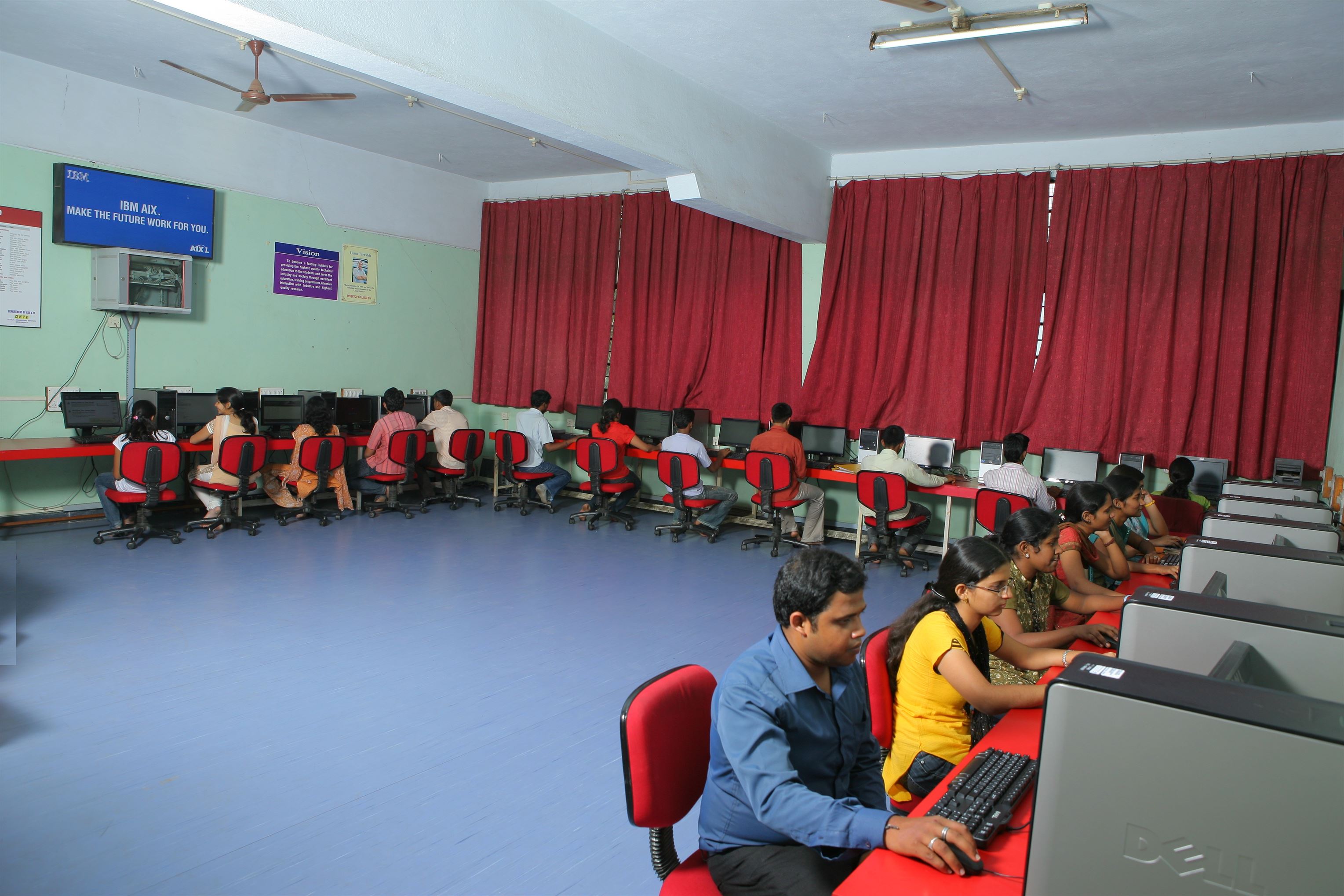
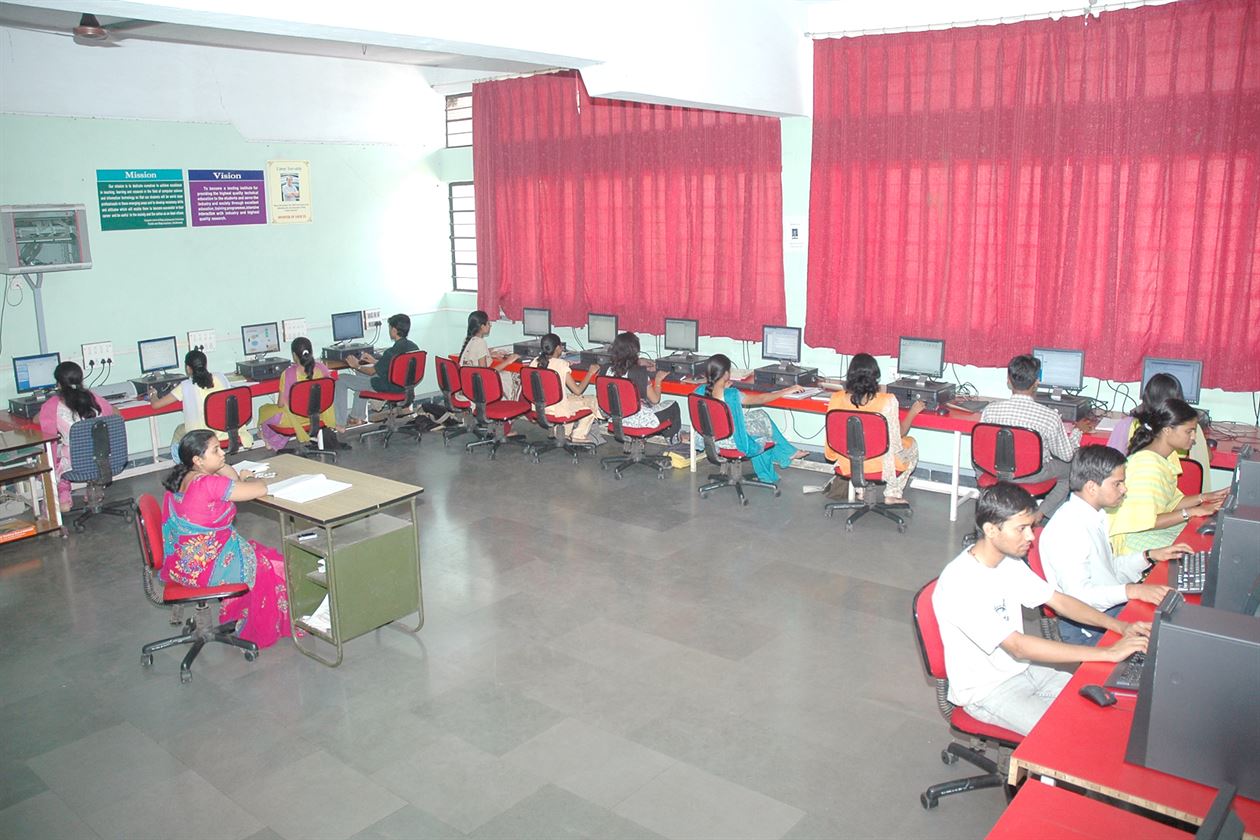
This lab is equipped with

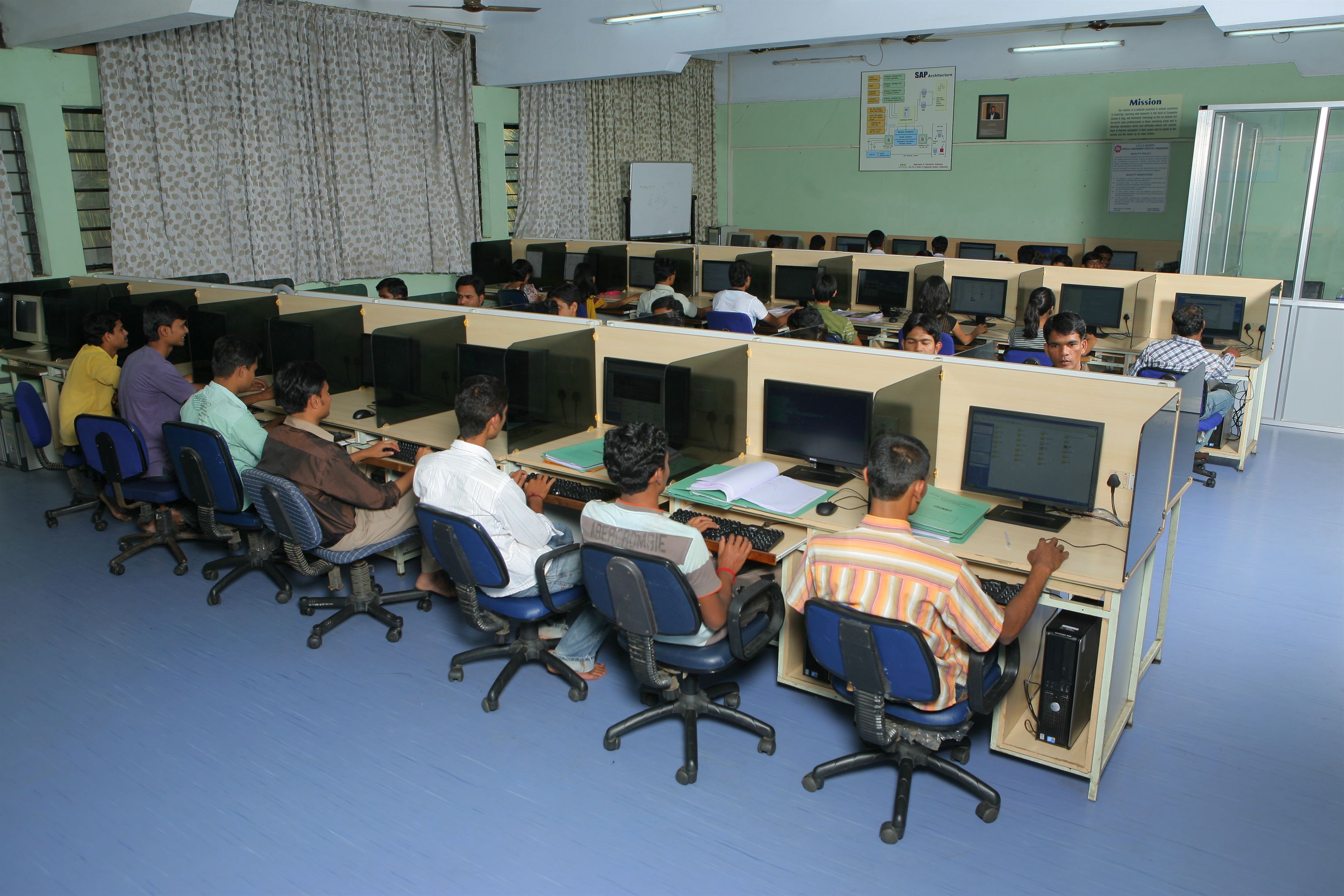
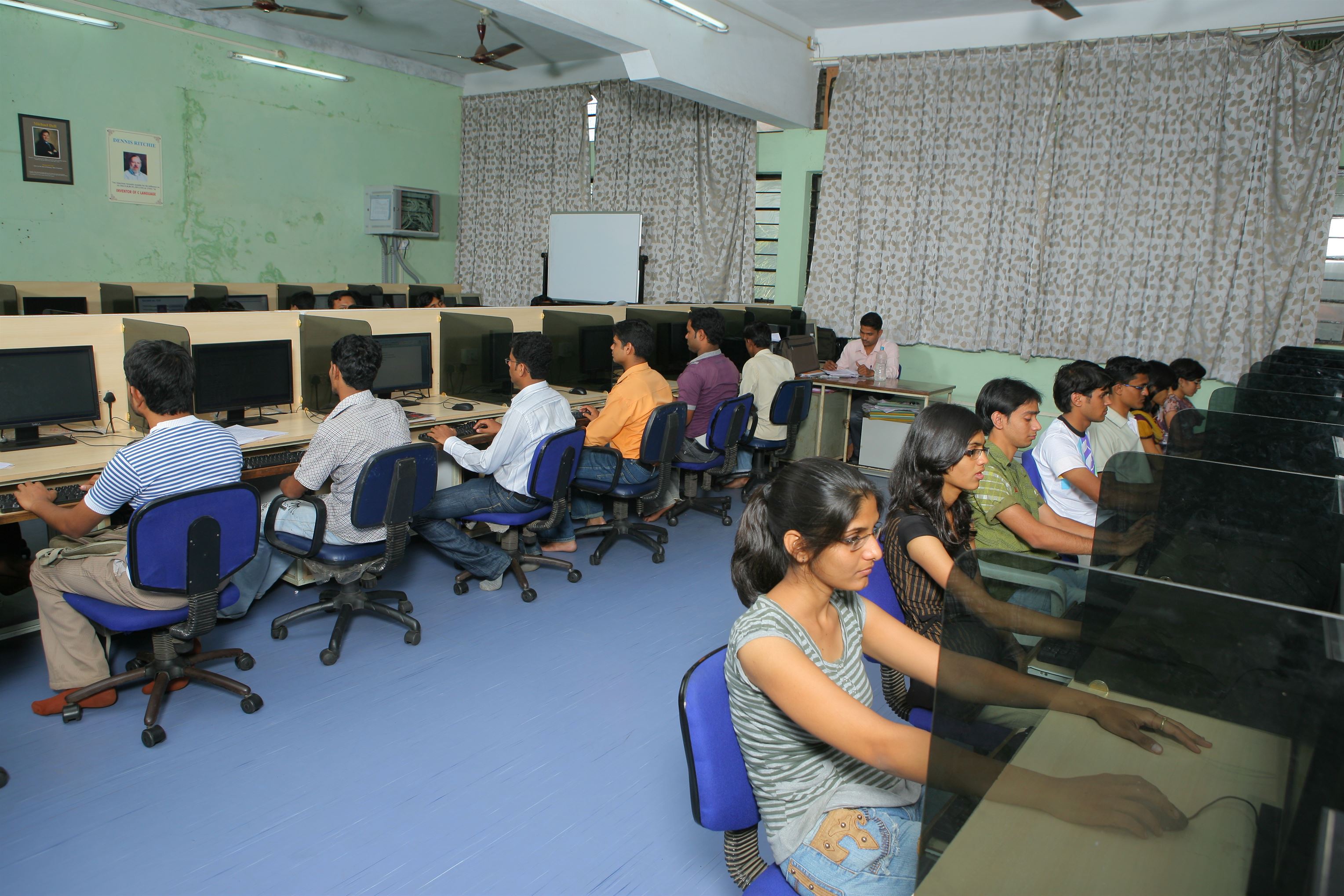





MoU of Electrical Engineering Department with Shreem Electric Ltd.
A MoU has been established between Electrical Engineering Department of DKTE and Shreem Electric Ltd. on 23rd August 2019. The MoU was signed by General Manager of Shreem Electric, Mr. Nagesh Dhang and Director Prof.(Dr.) P.V.Kadole.
Shreem Electric manufactures a wide range of medium and high voltage equipments like capacitors, MV Switchgear, Control & Relay panels, Lightening arrestors and other measuring / monitoring devices and also provides turnkey solutions with a focus on the power transmission and distribution sector. Shreem exports its products to 41 countries across the globe & has an annual turnover of 800 crores.
This MoU will support the development of Electrical students through exclusive opportunity to work on CoreProjects, Industrial training, Industrial visits, Internship and placement of electrical students along with research work. The Head of Electrical Engg dept. Prof. Dr. V. Jayashree,faculty of Electrical dept. Mr. S.S. Magdum, Mr. V.B. Magdum and Mr. P.M. Jadhav were present during the event.
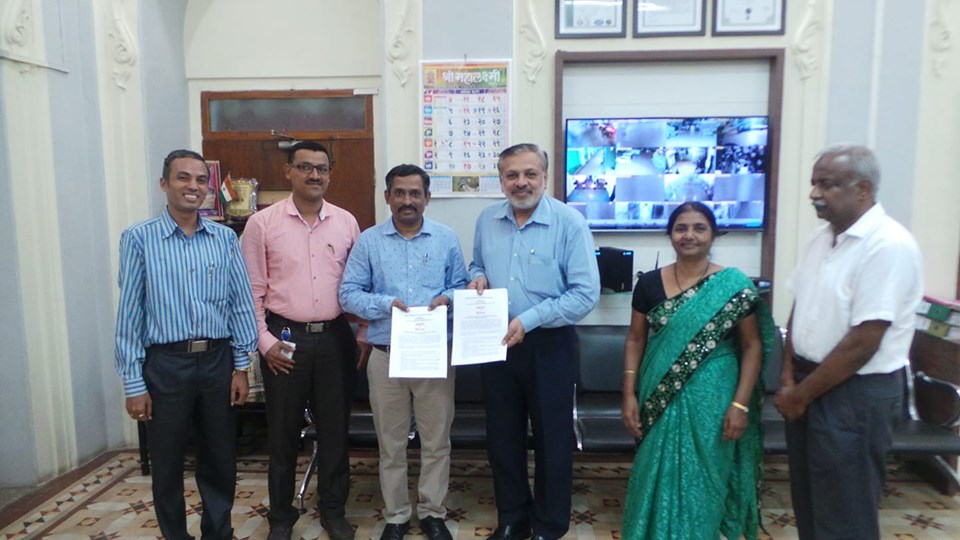
MoU of Electrical Engineering Department with Agni Motors
A MoU has been established between Electrical Engineering Department of DKTE and Agni Motors Bengaluru Karnataka, India on 16th September 2019. The MoU was signed by Mr. B. M. Venkatesh Agni Motors and Director Prof.(Dr.) P.V.Kadole.
AGNI MOTORS was started in 2001 by B.M. Venkatesh with a group of engineers who shared his dream and passion with the vision to be a global leader in design and manufacturing of Fractional Horse Power Motors(FHP).
Over past one decade AGNI MOTORS have pioneered in the Design and Manufacturing of both standard and custom build Fractional Horse Power Motors and Allied Products to support wide ranges of industries like Switchgear, Welding Equipment, Laboratory and Medical Equipment, Conveyor and Automation Systems, Winding Machines, Servo controlled voltage stabilizer, Solar Fans and Drive system for the Machine Tools.
Objective's of MoUs are industrial guest lectures, industrial Visits, sponsored students projects, industrial internship and Training and employment support.
MoU of Electrical Engineering Department with AGE MOTORS (AG ELECTRIC MOTORS)
Electrical Engineering Department of our institute and AGE MOTORS (AG ELECTRIC MOTORS), Karad inked an MoU to cultivate industry institute interaction, perpetual need to keep abreast with latest development in the field of motor technology and automation,
Under this MoU, AGE Motors will arrange technical training for students, industrial visit for faculty and students. Apart from this they will also provide Internship and Placement opportunities to the students.



MoU of Electrical Engineering Department with CADMATIC Software Solutions Pvt. Ltd.
Electrical Engineering Department of our institute and CADMATIC Software Solutions Pvt. Ltd. inked an MoU for collaboration in the field of digital & Intelligent 3D based design and information management software solutions for Electrical Engineering
CADMATIC is a Finland based, leading developer of digital & Intelligent 3D based design, engineering, and information management software solutions for electrical, marine, process & construction industries. CADMATIC combines the benefits of an international and growing company. It has customers from all continents and colleagues from 20 different nationalities in 15 offices across nine countries. Additionally, they also have certified sales and support partners in 15 countries.
Under this MoU, CADMATIC will establish a Center of Excellence in the department and will provide training to faculties and students on 3D design software for Electrical Engineering. Apart from this they will also provide Internship and Placement opportunities to the students.
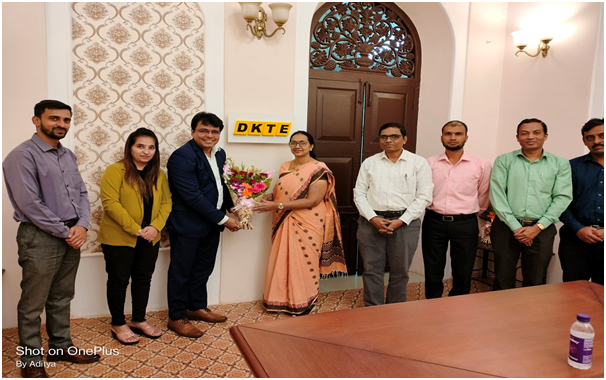
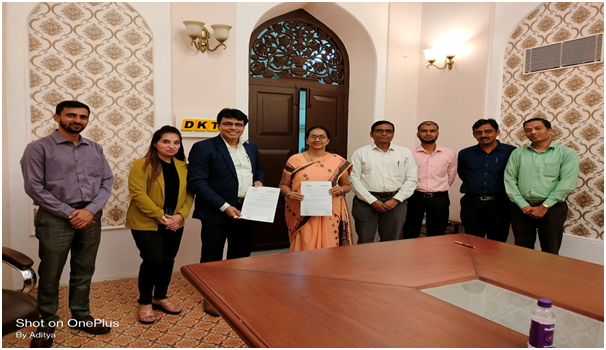
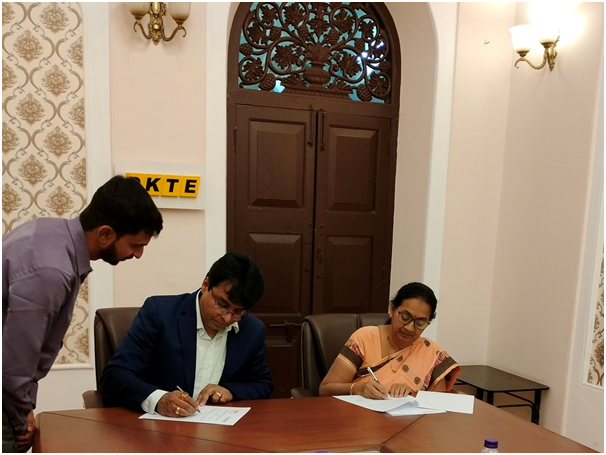
Page 16 of 33